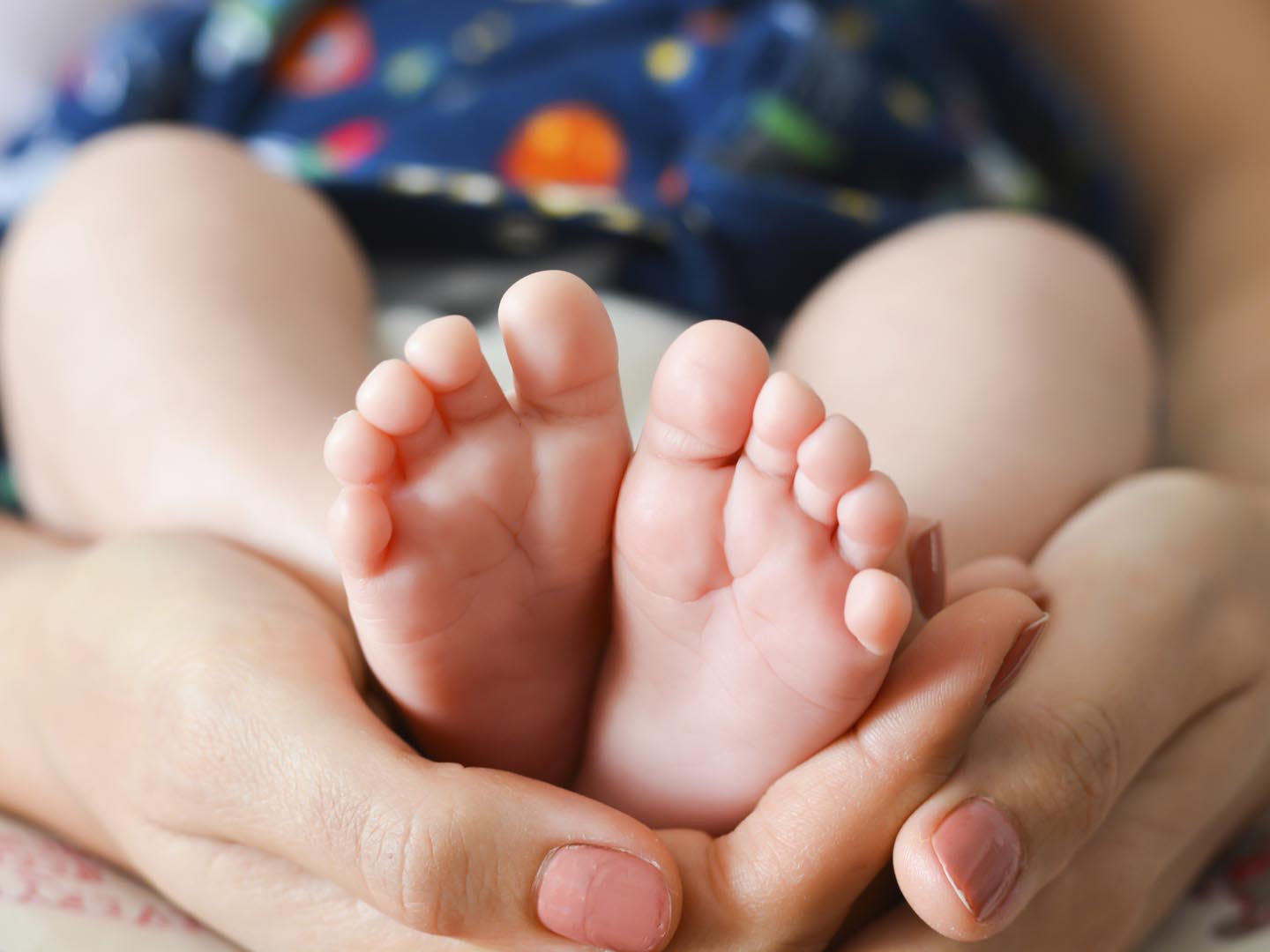Can Your Blood Endanger Your Baby?
My wife and I are both “O Positive” blood types, and I was wondering if it was okay for us to start planning a family. I know some bloods can be toxic if mixed, and I wasn’t sure if that also meant the same blood type as well.
Andrew Weil, M.D. | December 2, 2004

Reviewed on 3/08/2010
Having the same blood type is not a problem when you’re planning to start a family. The only concern is your Rh status (and you indicate that both you and your wife are O positive, meaning type “O,” Rh-positive), so that’s okay, too. Regardless of blood type, 85 percent of all people carry a protein on their red blood cells known as the Rh factor. They are considered “Rh-positive.” The other 15 percent lacking the Rh factor are described as “Rh-negative.” (In African-Americans, about half as many are Rh-negative.) If a woman is Rh-negative, her husband should be tested early in pregnancy. If he is also Rh-negative, the baby will be, too, so there’s no problem. However, there is potential for trouble when a woman is Rh negative and her baby is Rh-positive (from an Rh-positive father). Under these circumstances, particularly in a second or third such pregnancy, the mother can develop anti-Rh antibodies that can attack the fetus and cause severe anemia. This can happen whenever the baby’s blood comes into contact with the mother’s during pregnancy or delivery.
In the past, some 20,000 children a year were born with Rh disease, which can lead to jaundice, anemia, brain damage, heart failure and death. However, sometimes it is so mild that no treatment is needed.
A treatment introduced in 1968 has reduced the incidence of Rh disease among infants born in the United States to 4,000 per year. Injection of a blood product called Rh immune globulin (RhIg or RhoGAM) can block the immune attack and its consequences for the babies in 95 percent of women treated. RhIg usually is given by injection to Rh-negative women (with Rh-positive fathers) at 28 weeks of pregnancy and after delivery. It is also given to Rh-negative mothers carrying Rh-positive babies after a miscarriage, ectopic pregnancy, induced abortion, or transfusion with Rh-negative blood, as well as after amniocentesis (a procedure during which a small amount of amniotic fluid is withdrawn for testing), or a prenatal test called chorionic villus sampling (CVS).
Rh disease isn’t typically a worry during a first pregnancy because the baby usually is born before the mother’s Rh-negative blood is sensitized. However, subsequent pregnancies present an increasing risk to the babies if the mother isn’t treated with RhIg.
I hope this explanation sets your mind at rest. The fact that you and your wife are both Rh-positive means that you don’t have to worry about any of this.
Andrew Weil, M.D.









